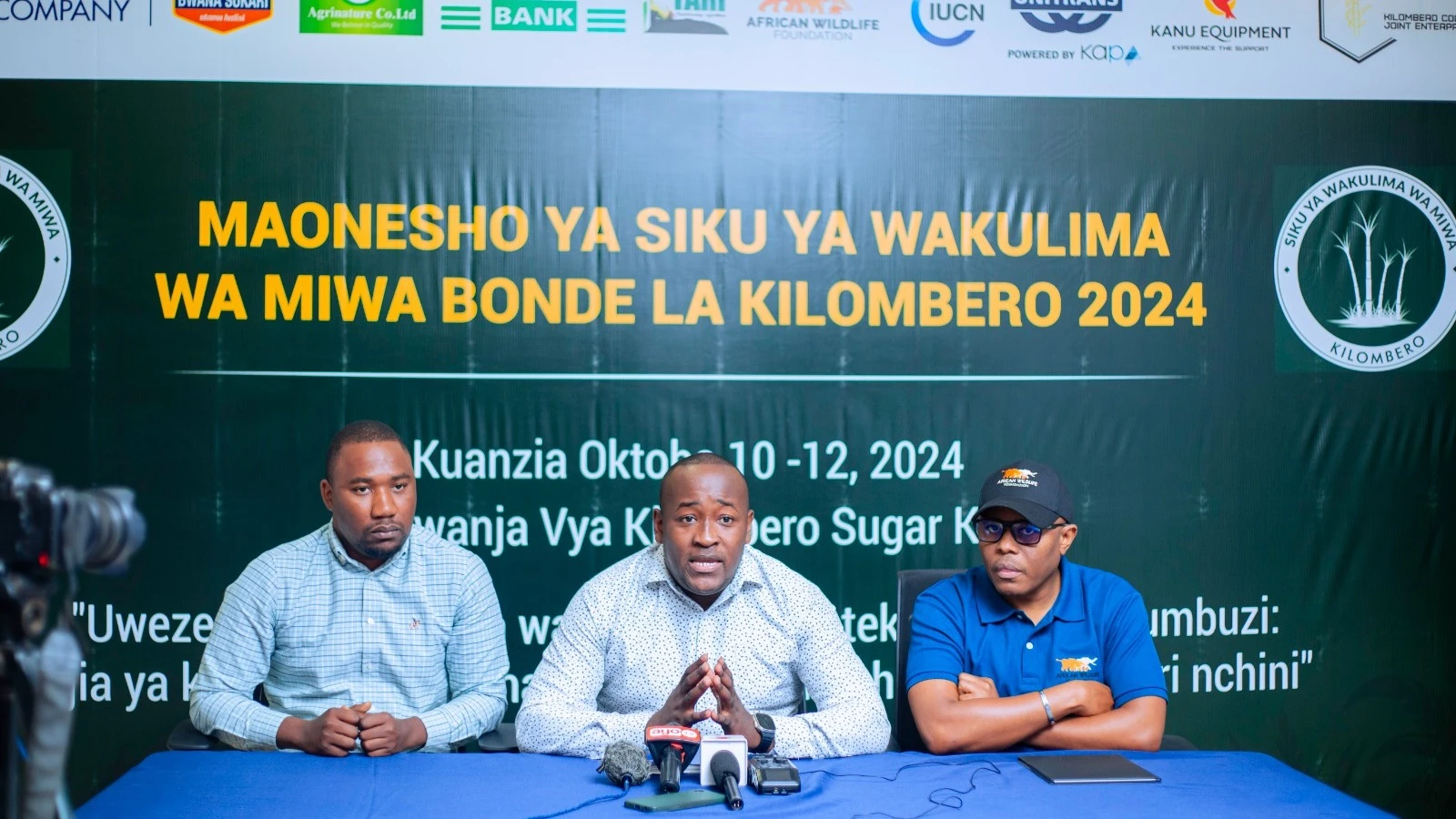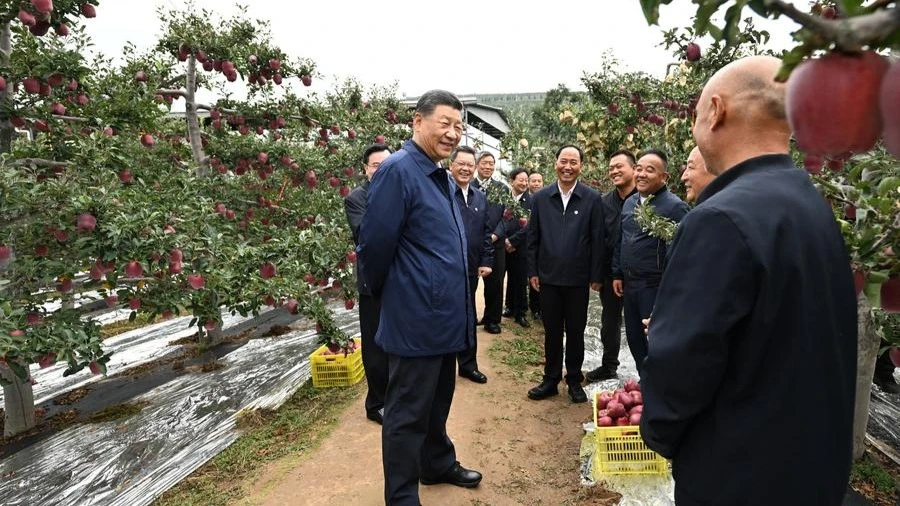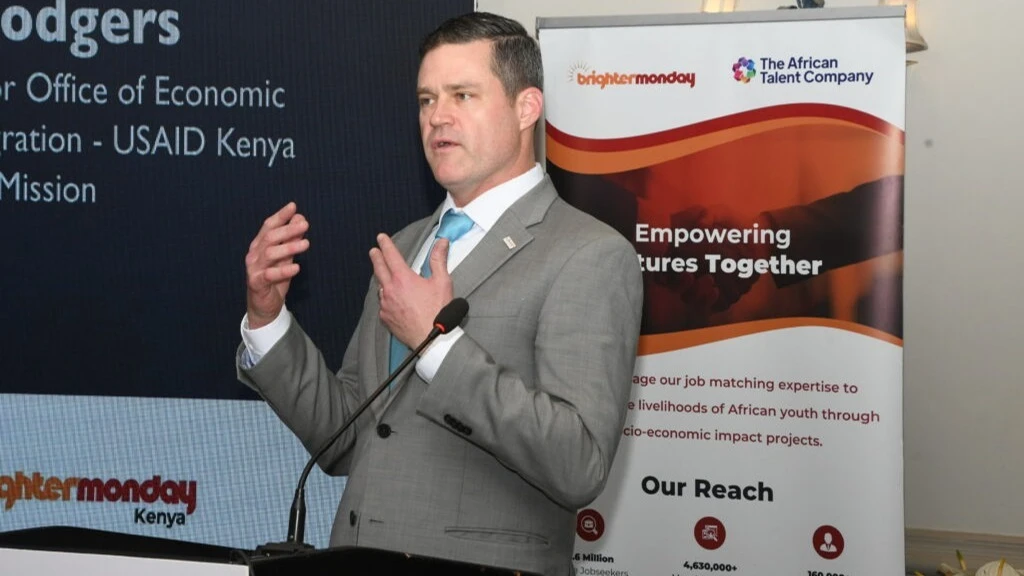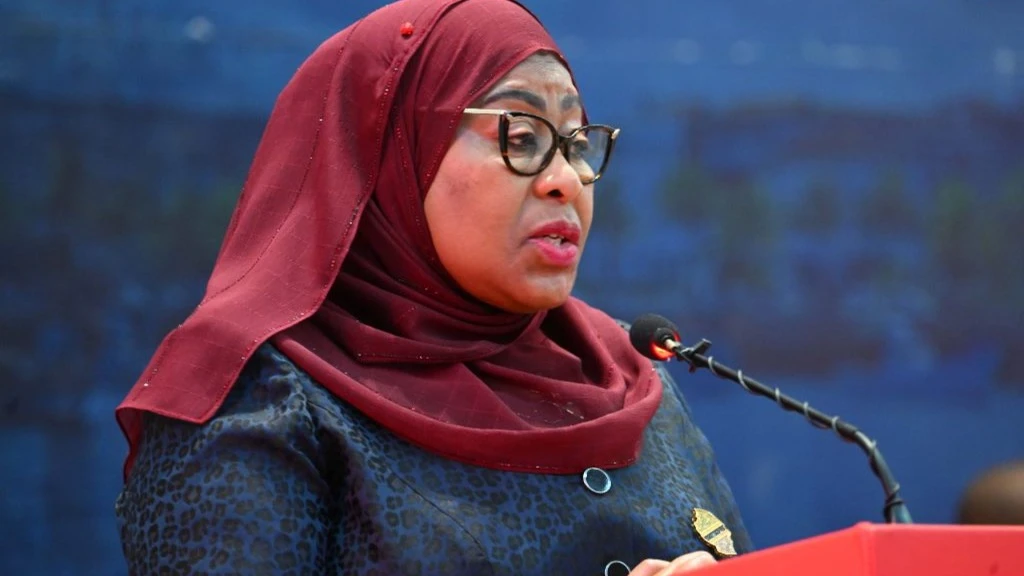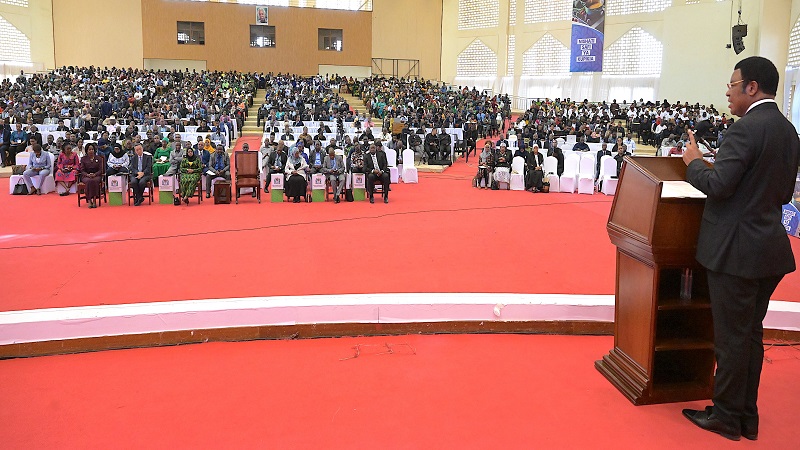Innovating for sustainability: Local businesses lead charge towards a sustainable and net-zero future

THE logistics and supply chain sector is among the four priority climate change mitigation sectors that currently contribute to greenhouse gas (GHG) emissions in Tanzania.
The logistics and supply chain sector, including transportation, warehousing, and distribution, is a significant source of greenhouse gas emissions, particularly CO2. Reducing these emissions can significantly impact overall emissions.
Improving energy efficiency within the supply chain, such as better warehouse management, energy-efficient buildings, and equipment, contributes to lower energy consumption and, consequently, fewer emissions.
Tanzania’s nationally determined contribution (NDC) commitment document notes that reducing emissions in these sectors will enable the country to embark on a low-emission growth pathway while achieving the desired sustainable development.
The sector can adopt greener transportation methods, such as rail over road, and incentivize the use of biofuels or electric trucks, reducing the carbon footprint associated with moving goods.
Globally, the logistics sector has also seen transformative shifts towards sustainable practices. These approaches prioritise the use of renewable energy sources, fuel-efficient transportation, and waste reduction.
Given its extensive reach and impact on almost every other industry, the logistics and supply chain sector has a significant opportunity and responsibility to contribute to global climate change mitigation efforts.
Key strategies include optimising routes, reducing empty miles, and integrating eco-friendly materials into packaging and transportation methods.
Adopting renewable energy sources is central to achieving a sustainable future in logistics. Technologies such as electric vehicles, solar-powered warehouses, and wind energy offer clean, abundant alternatives to traditional fossil fuels.
By reducing reliance on finite resources and cutting greenhouse gas emissions, these technologies help mitigate environmental degradation.
Tanzania, like many other countries, is grappling with the challenge of balancing economic growth with environmental responsibility.
In recent years, the country’s carbon emissions have fluctuated but increased overall. As of 2020, Tanzania emitted 0.18 metric tons of CO2 per capita, a slight decrease from the previous year’s 0.21 metric tons.
Although Tanzania contributed only 0.31 percent of global emissions in 2019, it has committed through its NDC to reducing GHG emissions economy-wide by 30 to 35 per cent relative to the business-as-usual (BAU) scenario by 2030.
This commitment means that Tanzania aims to lower its projected emissions by this percentage compared to what they would be if no additional climate action were taken.
Government support is crucial for creating an environment that enables us to meet these ambitious targets. Regulatory frameworks and fiscal policies that address barriers to private investment in adaptation and resilience are necessary to enable private capital to actively contribute to financing national and local priorities.
A collaborative and coordinated approach to developing, financing, and executing priority adaptation investments, driven by national goals and investment plans, can help accelerate and scale up private investment to meet the needs of climate-vulnerable communities and economies.
In Tanzania, businesses are increasingly adopting sustainable practices, contributing to the national effort to curb emissions and climate impact.
A prime example is Suhara, formerly known as Prime Fuels. The company is at the forefront of reducing carbon footprints through strategic technological upgrades and operational efficiencies in the logistics sector.
Nikesh Mehta, CEO of Suhara, highlighted the company’s commitment to environmental sustainability saying: “We are committed to reducing our carbon footprint and advancing our environmental sustainability efforts.”
The company meticulously monitors fuel consumption and emissions and has integrated Mercedes-Benz trucks equipped with AdBlue technology into its fleet.
AdBlue, a clear, odorless liquid made from urea and demineralized water, plays a crucial role in reducing greenhouse gas emissions. The technology works by reacting with nitrogen oxides (NOx) in the exhaust system, converting them into harmless nitrogen and oxygen.
This process reduces NOx emissions by over 95 percent, significantly lowering harmful gases in the atmosphere.
Additionally, Suhara is transitioning from mineral oil to synthetic oil in its truck engines. Synthetic oil extends the oil drain interval from 18,000 km to 25,000 km, leading to fewer oil changes and reduced waste oil generation.
This shift not only decreases waste but also enhances engine performance and longevity.
Through these initiatives, Suhara exemplifies how logistics businesses can lead in reducing carbon footprints and promoting environmental stewardship. By integrating AdBlue technology and synthetic oil, the company is advancing towards a greener, more sustainable business model.
The logistics sector’s role in mitigating climate change is increasingly evident. Both globally and locally, innovative practices and technologies are setting the stage for a sustainable future.
As businesses like Suhara continue to pioneer in environmental sustainability, they pave the way for broader industry adoption and a greener planet.
Such strategies resonate with the CEO Roundtable of Tanzania (CEOrt) Business and Sustainability Agenda, which builds a business case showcasing how sustainable practices improve business performance.
Through the agenda, which is funded by the International Union for Conservation of Nature (IUCN), businesses are working on cultivating sustainable practices by equipping leaders and stakeholders to adapt, mitigate, and transition to sustainable business operations.
Top Headlines
© 2024 IPPMEDIA.COM. ALL RIGHTS RESERVED











